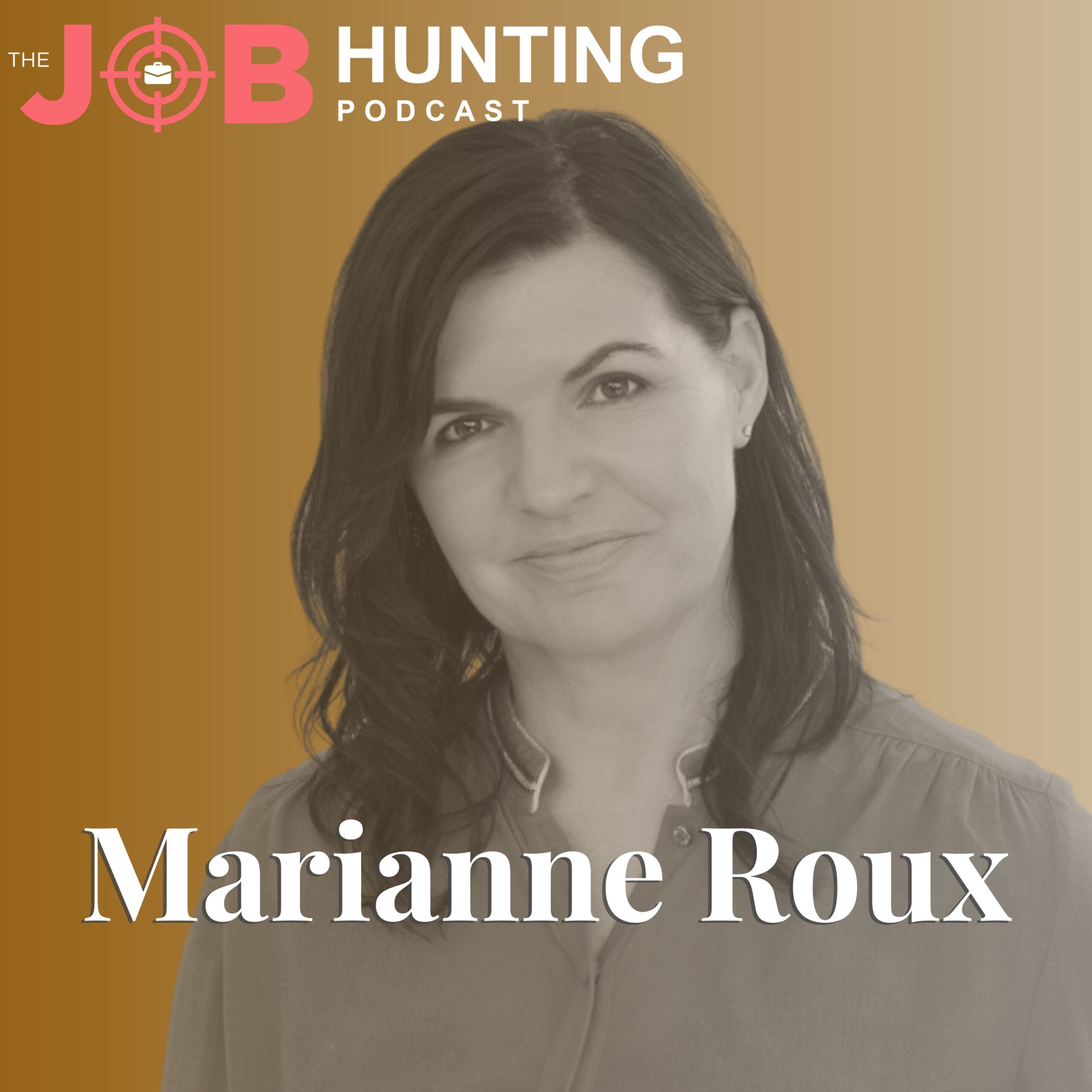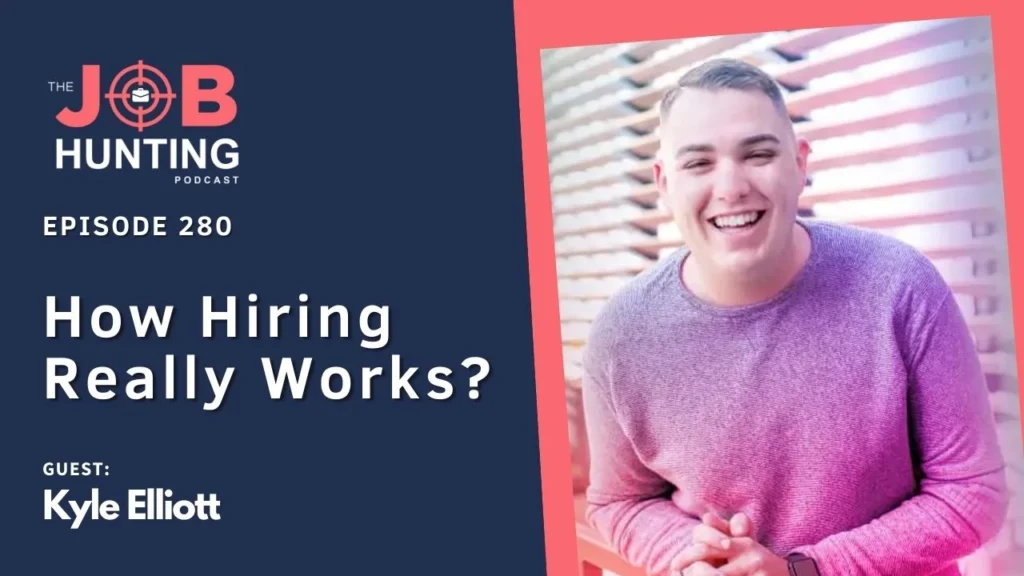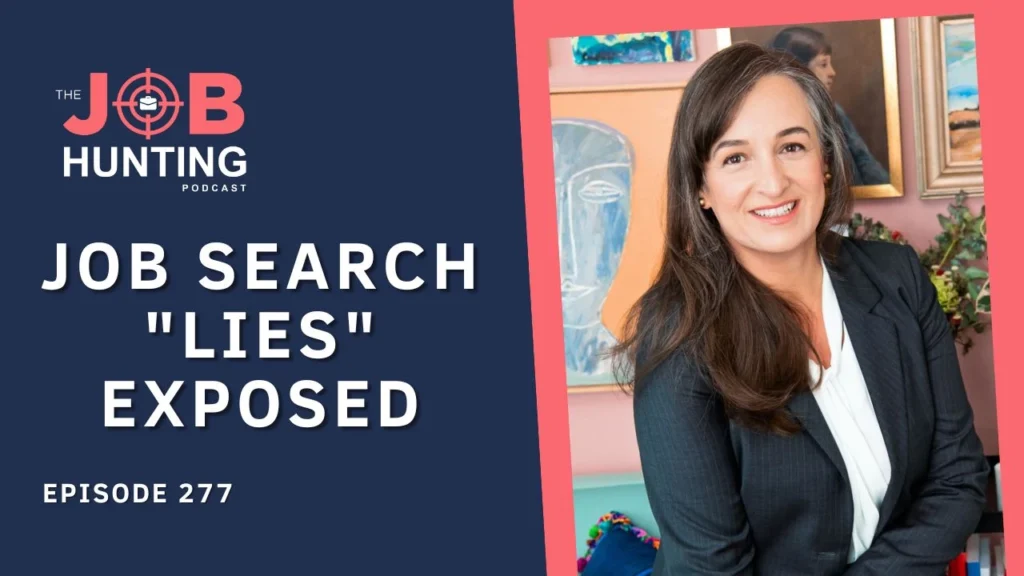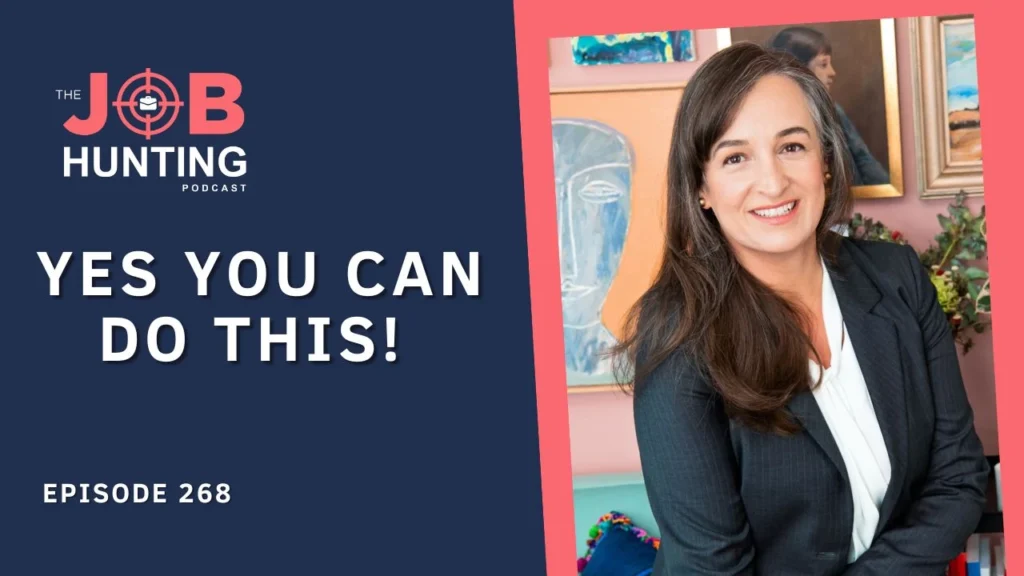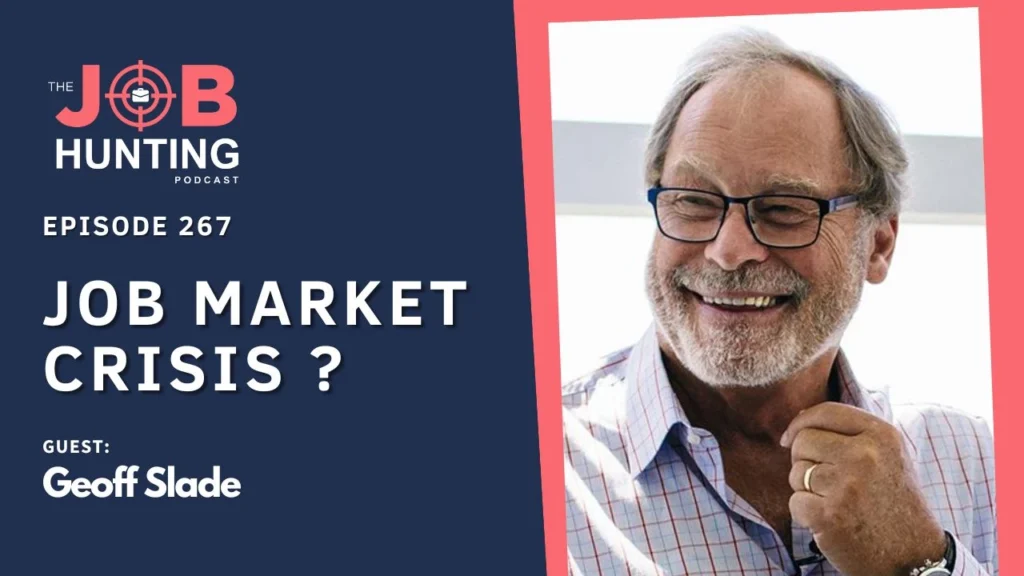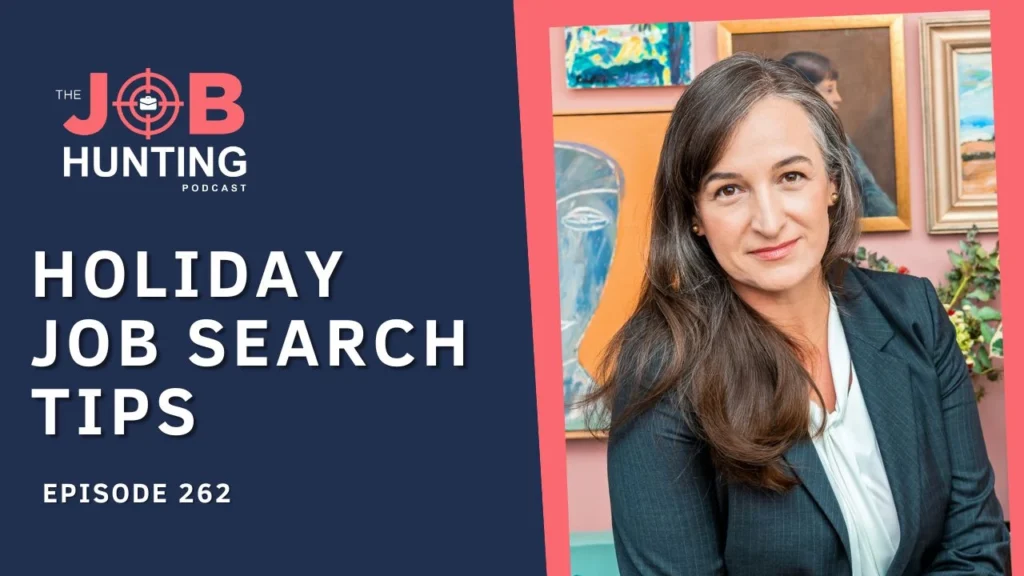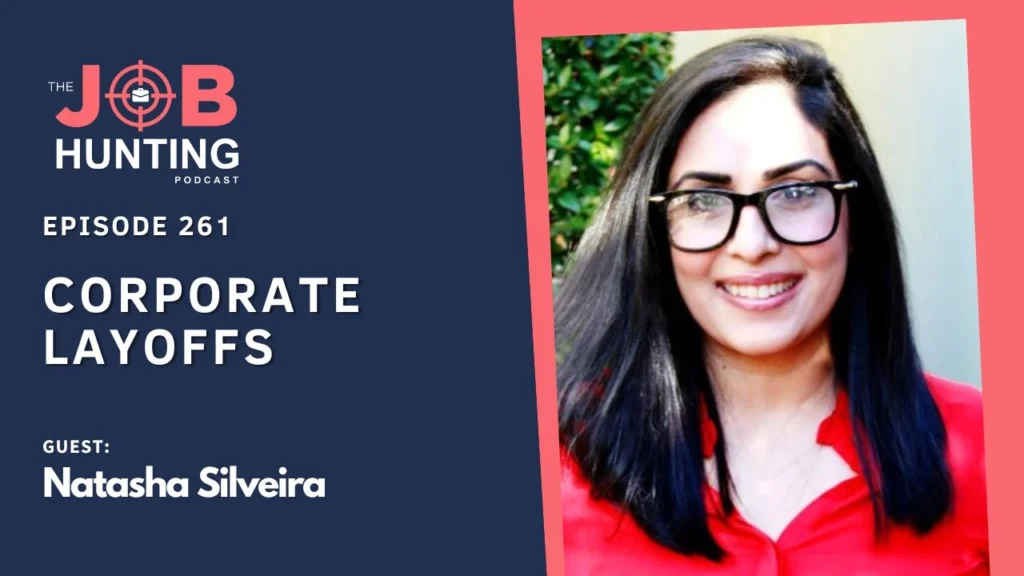Renata: In 10 years, you know, how am I going to continue to earn money in 20 years? So the more that you start thinking like that, and you need to practice that, that does not come naturally to any of us. The more you, think about this as an exercise that you need to do the same way that you exercise at the gym or you.
You know, it needs to be part of your, it needs to be part of your routine. And then over time it would stop, become more, it’s a pathway in your brain that you are going to develop. Mary Anne Roux, Dr. Mary Anne Roux is no stranger to this podcast. She has been on our show a couple of times and that’s because she has great thought leadership in the future of work and personal agility, two subjects that I think are very important for professionals, especially professionals that are career ambitious and want to have a sustainable long term career.
A few months ago when I was in Brazil and she was in Ireland, she moved to Ireland earlier this year or late last year, which is a shame because she used to live nearby and we used to catch up all the time. But we, a few months ago, decided to have a conversation and That conversation was originally available on Marianne’s new podcast show called Breakthrough.
Breakthrough is a conversation show. There’s lots of interesting interviews there with real professionals and I will put a link below in the show notes so that you can go and check it out. As always, I’ve really enjoyed chatting to Marianne and she asked me lots of questions about my coaching, the sort of things that I believe professionals need to do now in order to get a job, what is up with LinkedIn and why it’s so important.
And there are things here that I discussed with Marianne that I really hadn’t discussed before with clients or on this show. So I decided to ask Marianne for her blessing to rebroadcast that conversation on the job hunting podcast. I hope that you enjoy it. I think every bit of information that I can share with you is.
So important, and it adds value to hopefully your career plans and your progression as you get yourself ready for 2024 and beyond. There will be links in the show notes so please have a look at those and go check out Marianne’s previous episodes as well because in this episode she’s interviewing me but she’s such a great speaker and thought leader and I’d like for you to go check out those episodes that are from a few years back.
And if you’re not yet subscribed, or if you don’t follow us yet, wherever you found this episode, please do so. We are available on every good podcast platform. And I also send out a newsletter once a week with the new episodes and all the thought pieces, ideas, events, special information for my newsletter subscribers.
So there’s a link to subscribe in the show notes. And without further ado, here is Marianne and me talking about career stuff.
Marianne: Hello, everybody. I’m so happy today to have one of my friends and colleagues, Renata Bernardi, with me on the podcast. Now, if you don’t know who she is, you have to know who she is. There is nobody better in the world that understands job hunting and career transition than Renata. And Renata, I love what you say in your bio.
Which is you really trying to rebalance the relationship, the power relationship between employers and employees. And I think it’s interesting how it’s gone to and fro between COVID and back and it keeps shifting. But also there’s been a lot happening just with AI and everything else. And I think there’s just so much we can learn from you today, but before we start.
I was trying to remember how we met and I swear it was through a friend of ours, but I remember us being on a stage where we spoke about our experiences as immigrant women in Australia and some of the challenges. Is that your recollection as well?
Renata: I think the stage in that presentation that we did was a bit further into, we were friends already by then.
And I also remember being told by a couple of people that we should meet. It wasn’t just one person. One person that comes to mind is Div Pillai. So maybe you can invite her for an interview further down the track for your wonderful podcast. But there was one other person as well, Marianne. I think we were really supposed to be friends and I’m so glad that we are because you’ve been an Important person in my life.
And especially, you know, in helping set up my, coaching business, you’ve been such a great mentor. So thank
Marianne: you so much. And we’ve been co mentoring each other because you helped me set up my website and actually this podcast series. So we were just really, really lucky to get to know each other.
Can you tell people how you got to this point of starting this business, which is about job hunting career strategies.
And just general consulting, how did you get to this point in your
Renata: career? Well, I think many people will relate to my story of really loving something all your life, but not feeling like you should engage with that passion because it’s not the right thing to do. The right thing to do is to follow some sort of conservative route and do a proper bachelor and have a, you know.
serious career. But when I was very young, I fell in love with career counseling and career coaching. We had a family friend and she used to come and do Myers Briggs with me and tell me, you know, give me great advice as I was deciding on what to study. And often I wouldn’t follow her advice. And then later realizing hindsight that she was right about my personality and the things that Whereas I was trying to fit in with society and that really stuck with me.
And for some reason, over the course of my career, I kind of gravitated towards career marketing, career development, working in high education. And. Oh, and when I was not necessarily working with people that were trying to find their path in life, I was observing and I was actively looking to develop my own personal career as well.
And in advance, I have always been very ambitious and I always took notes. of everything I’ve done. I’ve been taking notes about these things since 2008. So it’s been a while. I’ve also had a very interesting life where I moved countries. I had kids, I had my business and then I decided to go back to study.
So I have a lot of lived experience that I think a lot of people. You know, those things that we want to do, but we don’t know necessarily if they’re going to work out. So now that I am a coach, which I decided to do after I was made redundant from a job that disappeared my last a big role.
I decided I’m going to give this a go. I’m going to invest five years in this. And if it doesn’t work, I’ll go back to the corporate sector. But honestly, I don’t think I need to go back.
It’s only been three years and a bit, and it’s been fantastic. It’s been a fantastic ride. And in addition to my lived experience, now I have such an amazing amount of A big sample of clients that I currently work with that I worked with before that really informs how I build my career coaching framework and continue to support other professionals.
Marianne: What is different about your approach? Because there’s so many people offering LinkedIn CV. Career coaching, transition, but, and job hunting, but honestly, they’re not very good at it, are they? Like I hear these stories from people when they’ve been made redundant, they’re given this transition coach or they’re, or they’re just trying to navigate this.
What makes your approach different?
Renata: Do you think? Look, I think there are good career coaches out there for sure, but it’s hard to find because it’s not a regulated And profession. And it’s also really varied. I think my secret sauce is the fact that I am very niche. I say to people, I work with professionals that are experienced that have at least 10 years of corporate work experience.
Most of my clients have way more than that. I also work with clients that have white collar jobs. They sit behind a desk and, you know, I narrow down to a comfort zone of my own lived experience of working in the corporate sector, non profit sector and public sector. But having that really mid level to executive professional experience.
So that I think helps a lot because then you also know how recruiters operate within that realm, you know, the sort of jobs that come up how employees think. As I was an employee, I hired, I fired, I, you know, I, went for jobs. So I kind of feel very comfortable in that sound. So that’s the first thing that I think helps.
And the second thing, which I think is the most important is that I’ve been working on developing my framework for so long. I’m very strategic. I have private clients, and I have group coaching clients, and I work with the same framework because it has proven itself successful time and time again, and it does not start with your resume or your LinkedIn profile.
Those are tactical things that you go to market with, you need to do to preload a lot of work before you get there, and that’s really raising self awareness about what you really, Like to do what your strengths are, what your career drivers are, what your personal values are, and it’s a privilege.
It is a true privilege to actually involve yourself and have that self awareness and that personal and professional development of getting to know what you want in life.
But isn’t it great that, you know. Some of us have that privilege and if you can start as young as possible is better. I’m now, thanks to you, I’m now also involved in teaching because you’ve been so great at recommending me for a university program with master’s students. And I think the earlier you start thinking about career design, career planning, thinking strategically and thinking long term, not short term.
The better, but that’s really, I think what makes my framework so, so successful. It’s been really good.
Marianne: Sounds like something people should do, even if they’re in a job and not even looking because, you know, sometimes it’s even whether you’ve taken the next opportunity inside your organization versus going externally and moving on.
It’s not just for people, is it? That actually out of a job and looking for a job because all of us need to do this in our lives.
Renata: Yes, I think, you know, you know, I have a podcast and I have a newsletter, a weekly newsletter, I see my role as educating professionals to think about the time they spend working as 70 percent working for the organization and 30 percent working for their own professional and personal sustainability development and career advancement.
The fact that you work at a job doesn’t mean that’s all the time you spend thinking about your career. It needs to sit outside that day to day that rat race of the, you know, nine to five job. That tends to eat up all of your energy and all of your time, and it’s all consuming. It’s what stresses you and overwhelms you.
And then you never have the time to think, is it time to seek another opportunity? You know, is this what I really want to do? my experiences here transferable? Do I want to continue to work in this sector? People don’t have the time to think about this. And also sometimes thinking about them by yourself can be very overwhelming and stressful.
So if you have a coach that you can workshop these ideas, it starts to become more strategic and you can see a pathway ahead of you. This is such
Marianne: important work and if I was a person that’s either thinking about these things now because I’ve heard this podcast or I’m out of a job and it’s 2023 and I meet your niche criteria, what is the process I follow with you?
If I want to engage with somebody like you, what would happen? How do I get in touch? How do, what is the process and timeline people go through?
Renata: Look, even if you are not in my niche criteria, whoever you are in the world, you know, it’s important for you to understand that in order for you to have a good life, you need to earn money.
And that means that you need to think about yourself as you, Inc, right? You are a source of revenue, your experiences, your skills, your education will allow you. to earn a living and to sustain your way of life. So you need to dedicate. Part of your time to understanding that you will need to do this for another 20, 30, 40, 50, 60 years.
I don’t know how old you are, but think about it in the long term. Our brain, unfortunately, was designed for a different time. A time where it was all about Surviving and thinking in the short term was really necessary. We also didn’t need to be very innovative in our thinking because all we needed in the tribe was one person to come up with a great idea and everybody else to follow.
That time is way past. It’s in the past. Now we need to be more agile. I mean, Mary, and I don’t need to tell you that. You are the agile champion of the world. We need to be more forward thinking. We need to be more foresight oriented, right? So we need to have the foresight to think what’s ahead of me, what’s ahead of my profession, what’s ahead of, you know, the world.
And. In 10 years, you know, how am I going to continue to earn money in 20 years? So the more that you start thinking like that, and you need to practice that, that does not come naturally to any of us. The more you, you think about this as an exercise that you need to do the same way that you exercise at the gym or you.
You know, it needs to be part of your, it needs to be part of your routine. And then over time it would stop, become more, it’s a pathway in your brain that you are going to develop. Right. So that is really what’s I think important these days for you to. Think about your, your career and you can do that at any time.
Like I said if you’re still at work, if you have a job, most of my clients now are actually working. Why? Because if you’ve listened to me for the past six months, a year, two years, you know, usually people come to me after listening to my podcast or signing up to my newsletter. And then, you know, you know that you need to dedicate a little bit of your.
Career time, not to your job, but to your future advancement or of your way of living. So, yeah, so that’s why now most of my clients are not unemployed and seeking work. They’re actually fully employed and thinking about what their next stage will be. Oh, that’s so
Marianne: important. I read something today to say you’ve got to be 85 percent busy and 25%, you know, re skilling, up skilling, breathing, taking care of wellness, etc.
if you want to have a sustainable life. And I, I think it’s true for business.
Tell me how the industry is changing. So these, you know, everything they can do with you, but If I want to find a job these days, do I have to use AI for my cover letter? Do I look on LinkedIn for a job? Like what’s going on?
What’s changed in the last year, three years in your mind across
Renata: this
industry?
So Mary, and this is what I think needs to happen to professionals in 2023 and beyond.
You have to have a LinkedIn profile and a LinkedIn activity that showcases your executive presence, your experience. And your thought leadership in your area. So this is really important, not because you need to show off to everybody, but because you need to be found. LinkedIn works well when people are connecting with you, messaging you and saying, I’m a recruiter.
I have a job for you. I want you to apply. Here’s the link. Or can I talk to you? If that job. is really what you want, your LinkedIn is working. If they are contacting you for jobs that make no sense to you, your LinkedIn is not working. And if they never contact you, your LinkedIn is really not working. So, LinkedIn is like what businesses have, you and I have websites.
They need to work for people to find us. They need to be easily found on Google. They need to be SEO smart. They have to have all the keywords that make people find them. LinkedIn is the same. Recruiters don’t use the LinkedIn platform that we use. They have a different LinkedIn platform for recruitment where they search for people.
So if they’re looking for a candidate that has marketing skills, that’s based in Dublin, that has 10 years of experience, that has worked in a specific sector, you need to show up on that first page when they search. And that’s why my LinkedIn audit is so popular and I love doing it and people get great results from it.
So, because I teach people that that’s what LinkedIn is all about. Now, there’s more to it than that. If you think about the way that LinkedIn works and how job applications are so technical now, they are all softwares, they have applicant tracking systems that are, or ATS systems that employers. Buy for, you know, sometimes a lot of money to help them filter the best candidates.
So this data analytics has been involved in recruitment and selection for a long time.
So in addition to LinkedIn, the next step for somebody looking for sending great job applications and preparing well for job interviews is to start using artificial intelligence to support their job search. So ChatGPT is essential. For job seekers, right?
And you should not feel bad about using them. I received an email from one of my clients saying, Oh, I feel like a fraud because I used artificial intelligence to help me write a cover letter. And I said, you work full time. You manage over 150 big accounts. You are looking to advance your career. You know how to do this job.
Let artificial intelligence. help you write this cover letter, right? and I think that that is really important, but you need to know how to do it. And there’s a lot that you need to. Understand to make that cover letter shine because otherwise it will look robotic. It will look like it’s written by AI.
So I have some resources that I share with people that sign up for my newsletter, a workbook that gives them prompts that they can use to write cover letters, to do sort of analysis of, for job markets or some research, get ready for interviews. And you should never feel bad about using this because employers have been using artificial intelligence, data analytics, machine learning, bots to analyze people’s job applications for years now.
So now it’s really leveling up. What that will do, however, Marianne, is that that first bottleneck of sending out your application is now going to be smoother for those who use chat2BT. But that doesn’t mean that you won’t bottleneck downstream, right? So you will learn how to make beautiful cover letters and do your job research and all of that.
But then. Presenting at a job interview, feeling comfortable, feeling confident, learning how to understand people’s body languages and how to converse at that senior executive level that if you are looking for a career advancement will be important. So I don’t think I’m going to be out of a job anytime soon.
That’s why I’m so passionate about. Educating job seekers to use all the resources that they have, but also to learn to invest in their careers, investing themselves, not by doing a two year long MBA. That’s not what I mean or want, but, you know, hire a coach to support you while you’re going through that transition.
Yeah.
Marianne: Look, I think that is so important because I see people constantly going for another master’s degree or another expensive qualification when actually if they do this work and get much clearer and then just do some micro credentials and do proper preparation, they could actually probably do a lot better as we step into skills based recruitment.
So listen, I have a probably a few more questions. Where can people find you, Renata, if they So this is fantastic. I want to follow her podcast. I want to sign up for her coaching. Where are they going to find you?
Renata: Well, they can find me on LinkedIn. Let’s start there. You should be on LinkedIn. Find me there.
It’s Renata Bernade. You can look at my name on the podcast breakthrough and you will find me from there. You can go to my website. I would love for people to sign up for my newsletter. If you’re serious about career advancement and taking care of your profession, And sign up for my newsletter. You can unsubscribe anytime.
And if you do that, you will get my, my podcast and all articles and, and news from me. So that’s, I think the best way to connect with me, Marianne. Thank you for giving me this platform to present to your audience what I do. I think you’re doing an amazing job with this podcast and I’ll certainly be following it from now on.
Marianne: Well, we are so happy to have you here. Listen, I do. Have a question for you, which is a bit more fun because we like it. If you were stuck on an island all by yourself, what is the one thing You could not live without and it cannot be your husband because I tried that.
So what is the one thing you couldn’t do without?
Renata: Oh my god, that is such a weird one. You should have prepared me for this. I’ve been watching a lot of Alone. Is that the name of the TV show where people go alone? And I was very jealous of this gentleman who took a very big salt rock, you know, those sort of pink salts, I probably would have to take that.
And I know it sounds really bizarre, but people make fun of me, Marianne, when I travel and I, you know, I’m currently traveling to Brazil. I’m based in Melbourne. I spent some time in Europe now because I have a son in London and I had traveled with a little bag of salt because I think food don’t, you know, especially
Marianne: It’s
Renata: a really strange thing. it’s a very Amazonian thing. Like my, my father was born in the Amazon and people that come from the tropics tend to use a lot of salt and sugar in their food. And even though I don’t, it’s probably terrible for my health, but I have low blood pressure, very low blood pressure.
So. You know, it could
Marianne: make that raw fish. It could make that raw fish taste better. Couldn’t it? I love that. I love that answer. You should listen to the podcast with my friend Basil Stounder, who’s a food futurist, because he was just, it’s going to have to be food. I’m taking all my favorites. It’s
Renata: going to be a tough thing to take to an island, Marianne, because I could probably figure out how to get salt from the water.
So now that I think of it, I’ll probably take honey or There we go.
Marianne: It’ll be something to do with food.
I love that. What I take out of this conversation is something you and I talk a lot about. The future of work is very, very different. The processes are different. If you don’t understand the game, you’re not going to play it successfully.
You can’t wait for your company or the government or somebody else to take control of your career and your skills and your life. You know, you are your brand, you are your skills, but it’s also not about being showy or manipulating things. It’s about being. Just getting to know yourself so much better, getting to know where you want to go and shaping it intentionally, you’re not a victim of anything and you’re not a tree, you can move, you can make things happen, it might take some time, but it’s better to do it with a process.
That’s been tested and tried and with people have insight into the industry and with somebody who can sit alongside you and help guide you through that. And that’s what I’ve really learned about this, whether you are currently looking for a role or whether you are in a role, but you know that we all probably going to have to work always 70.
That’s the new long life. Right. If we’re a hundred years old, it’s a long time, we’re going to have to reinvent ourselves a couple of times. So I think that this is why I think that this kind of work will only grow in importance. And I think that the work that you do is absolutely incredible. I don’t think people realize just how wonderful you are.
And I tell everybody about you, but I’m doing it one more time. If you would love, love, love all of you to follow Renata, because it will make a very big difference to your life and to your career. Thank you so much for being here with us today.
Renata: My pleasure, Marianne.

